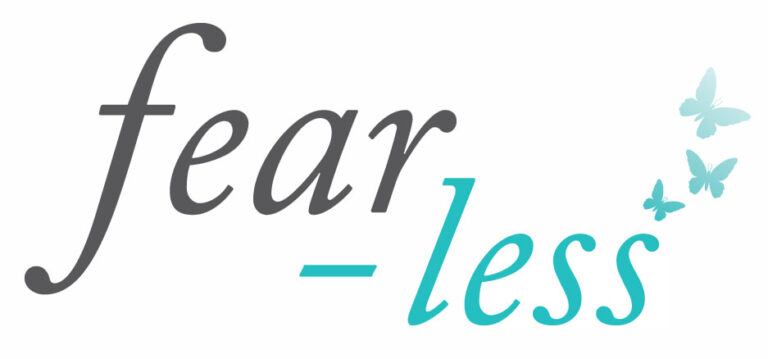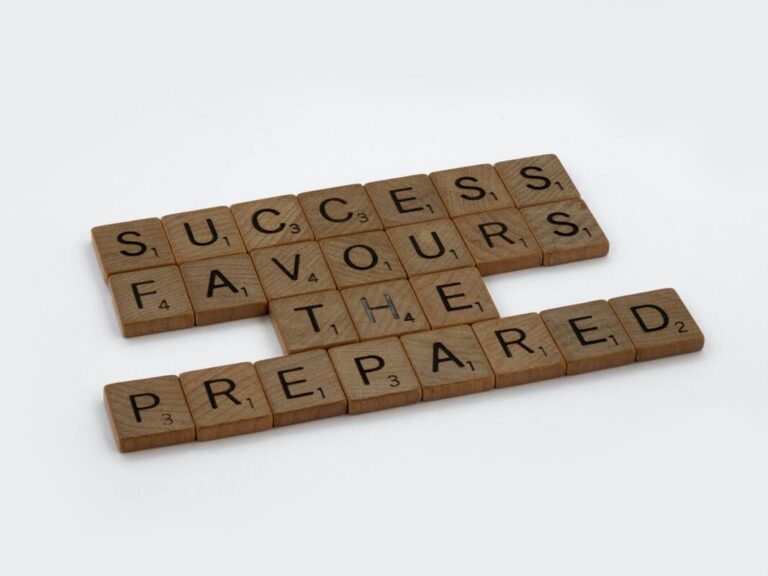Practical Tips
Why You Feel Most Nervous Right Before You Speak (Even When You Are Well Prepared)

People experience public speaking anxiety at different stages. In the days or weeks leading up to a presentation, you might notice a low-level dread. On the day itself, that anxiety often builds. For some people, it eases once they start speaking. For others, it comes...

Public Speaking and the Fear of Blushing

I used to be a blusher. When I spoke, when I liked a boy, or when I made a mistake—I turned red. My blushing reached its peak as a teen and resurfaced during menopause, when frequent hot flushes sometimes collided with embarrassing situations. After menopause?...

Had a Speech That Bombed? How to Figure Out What Went Wrong and Fix It.

Everyone has experienced failure at work, but the public humiliation of a bombed presentation is particularly hard to handle. And it can stay with you for a long time. Unfortunately, a common reaction is for people to try to avoid public speaking after a failure...

The Fear-less Public Speaking Blog Turns 5! : A comprehensive guide to what is in it and what you may have missed.

I started the Fear-less blog 5 years old and have written more than 50 articles. I aim to write one a month – sometimes I wonder whether I will run out of ideas for new articles – but it hasn’t happened yet!I get about 10,000...

How to Avoid the Dreaded Public Speaking Mind Blank – And What to Do if It Happens!

Ever had the experience of going blank in front of an audience? Forgetting what you were going to say and starting to panic? Or had an ‘out of body experience’ where you could hear yourself talking (even waffling)?! You may have felt like a horrified...

Six Tips to Help You Get the Most From Your Public Speaking Course

So, you have finally decided to do something about your public speaking anxiety and signed up for a course. Congratulations – you have taken a great first step!As a public speaking coach, I see so many people get amazing results – but not everyone gets...

How I Am Using Yoodli — A New AI Tool — To Support My Public Speaking Coaching

Yoodli is an exciting new AI public speaking tool that I am using in my coaching.A lot of my work is with people who have extreme public speaking anxiety that holds them back from achieving their career and life goals. In my experience, there...

Your Fear of Public Speaking is Not the Problem – It is Your Fear of the Fear

“Overcome”, “conquer”, “kill”, “get over”, and “cure the fear of public speaking” are all terms that people google. I know – I have done the keyword research!If you are anxious about public speaking, you probably see your anxiety as a big problem. You worry that...

Experiencing ‘Zoom Panic’? You Are Not Alone.

You have heard of ‘Zoom fatigue’ – the experience of feeling exhausted from being online all day. But have you experienced ‘Zoom panic’? During and post-COVID, I had a spate of calls from people who have had a bad experience presenting online. Some of them...

Five Slightly Unusual Public Speaking Tips to Improve Your Delivery and Reduce Nervousness!

There are plenty of useful articles about public speaking, but many of them repackage similar tips. Remember to pause; practice your presentation thoroughly; maintain eye contact; focus on your audience; tell stories; and so on. Don’t get me wrong — it is all great advice! But I...

Why Avoiding Public Speaking Is Worse Than Doing It! It Is Career-Limiting, Stressful, and Harder Than You Think.

Verbal communication skills are valued by employers. They consistently rank highly on lists of the top “soft skills”. For example, the LinkedIn Learning 2020 Workplace report found that employers ranked “persuasion” as their number two soft skill requirement. And you can’t persuade without good verbal communication skills.Public speaking is...

Is a Fear of Public Speaking Affecting Your Career? Why You Need to Act and What You Can Do.

A few months ago, I had a phone call from a young woman who needed help. Anna (not her real name) was a marketing graduate who had landed a great first job in the grocery sector. But she was suffering from anxiety because she was...

Will an Online (Live) Course Help Me With My Fear of Public Speaking?

Previously I have rejected suggestions to run Fear-less courses online because I was not convinced that it would work effectively. Then Covid19 came along! I had to cancel a course due to start on the first day of lockdown. And I had to decide whether...

You Have Decided to Do Something About Your Fear of Public Speaking. Now What?

For years, I considered ‘doing something’ about my public speaking anxiety, but I put it off until I experienced a full-blown panic attack. Even then, it took me 6 months to act. Many people live with a fear of public speaking for years. They avoid...

